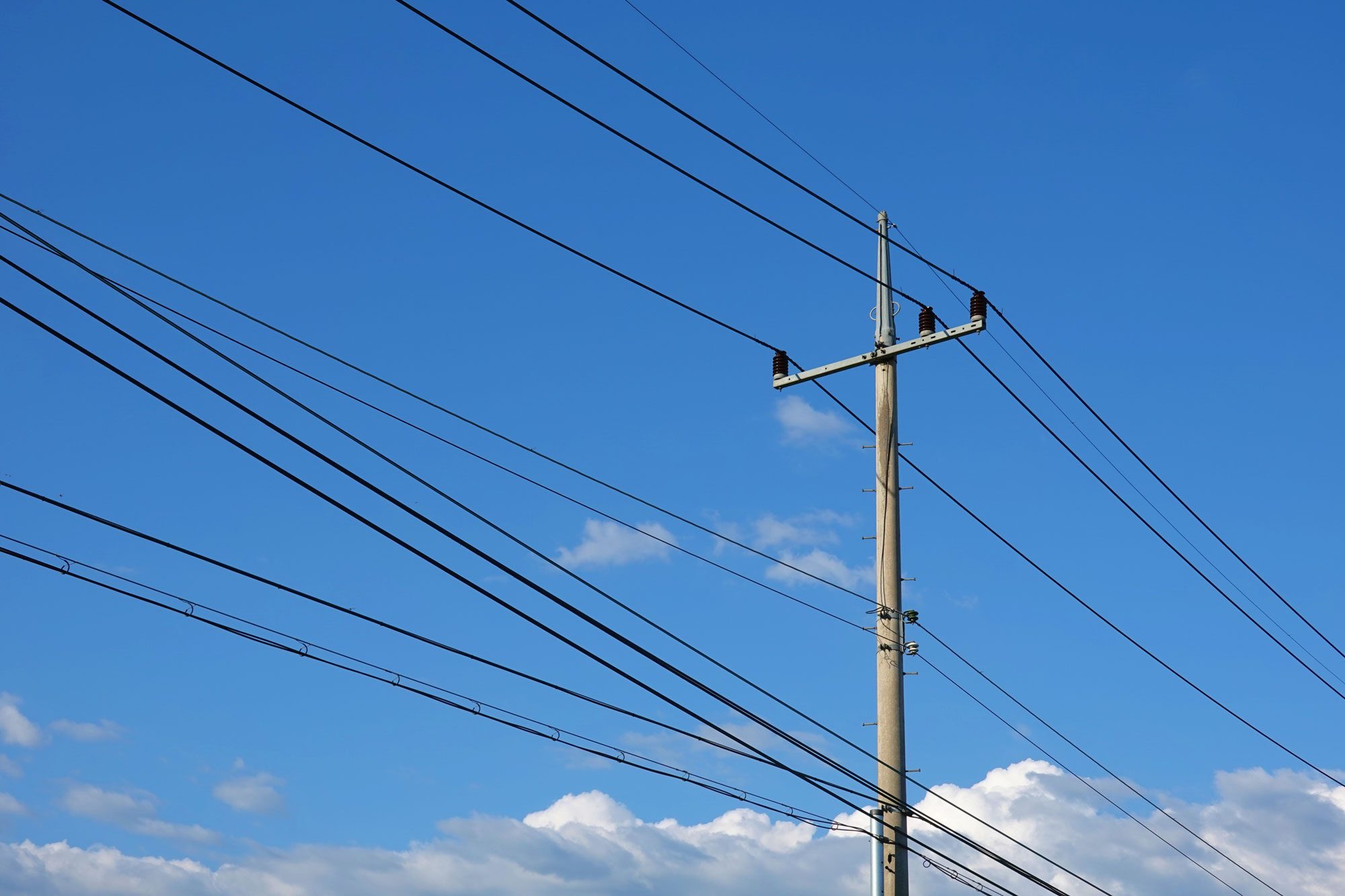
Kristian Stout: Internet for All Won’t Happen Without Real Pole Access Reform
Broadband Breakfast: Kristian Stout: Internet for All Won’t Happen Without Real Pole Access Reform
By: Kristian Stout
The FCC should encourage solutions that help facilitate make-ready work when utilities are dragging their feet.

The author of this Expert Opinion is Kristian Stout.
2024 will be a make-or-break year for the $42 billion taxpayer-funded Broadband Equity, Access, and Deployment program administered by the National Telecommunications and Information Administration.
Making BEAD a success and achieving the Biden Administration’s vision of “Internet for All” requires an ambitious “all-of-the-above approach” from federal, state, and local policymakers to take much-needed action on utility pole reforms – an often-neglected issue that is critical to ensuring unserved, rural communities are connected to reliable, high-speed internet.
On the national level, both the Federal Communications Commission and NTIA can take meaningful action to expedite broadband deployment, define equitable cost-sharing standards, and curtail delay tactics from some pole owners.
First, the FCC will need to move swiftly on a set of new proposals around large pole attachment orders, self-help, and the use of contractors. There are still no required timelines for processing large pole attachment orders involving 3,000 or more poles, and delays are holding up major projects in unserved and rural areas for months or even years.
Specifically, the FCC should encourage solutions that help facilitate make-ready work, which allows internet service providers trying to attach to poles to do the work themselves when utilities are dragging their feet. Typically, pole owners can quickly estimate if they have the resources to complete this work within specific timelines, but some are not always immediately forthcoming with that information. The FCC can step in here to require prompt notification if the pole owner lacks the resources needed for make-ready work, and alternative solutions like self-help can be deployed.
The FCC should also directly address the root cause of many pole disputes: unjust and excessive pole replacement costs. Although the Commission has clarified before that “…all of the parties that benefit from the [pole] replacement must share proportionally in the cost, including utilities,” some pole owners continue to avoid repairing and upgrading their infrastructure by waiting for a new pole attacher to pay the entire cost.
Meanwhile, if NTIA is serious about ensuring the BEAD program’s success, it should require all recipients of grant funds to follow federal pole guidelines, including the electric cooperatives or municipalities that remain exempt from current FCC rules. The agency should also require that states and territories receiving BEAD funds have a clear plan for addressing pole access and replacement disputes and ensure the availability of project funds to offset pole replacement costs.
States also play a critical role in addressing pole issues. Take Kentucky, which addressed pole access issues with creative state-level solutions such as its comprehensive pole regulations that largely align with existing FCC rules and guidance, and its pole replacement fund to lower project costs and limit construction delays. At the same time, the state recognizes the evolving nature of pole issues. The Kentucky Public Service Commission recently initiated a new pole access proceeding, complemented by a series of stakeholder forums, to dive into what is working and what issues remain. These proactive actions position Kentucky to maximize the $1.1 billion in BEAD funding coming into the state.
FCC Commissioner Geoffrey Starks himself said it best when he urged for eliminating “as many outstanding questions as possible before BEAD funding flows.” Utility pole access could be the deciding factor in BEAD’s success, and we must take an “all-of-the-above” approach to leverage BEAD funds to close the internet access gap for good.
Kristian Stout is the director of innovation policy at the International Center for Law and Economics. This piece is exclusive to Broadband Breakfast.
Broadband Breakfast accepts commentary from informed observers of the broadband scene. Please send pieces to [email protected]. The views expressed in Expert Opinion pieces do not necessarily reflect the views of Broadband Breakfast and Breakfast Media LLC.